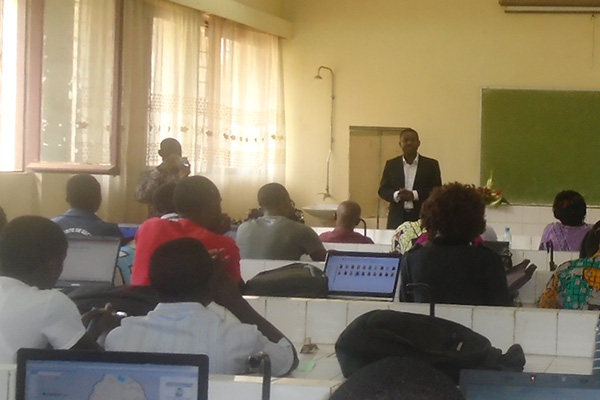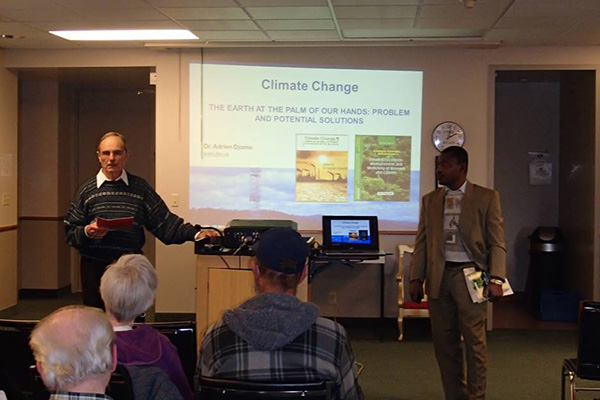-

Gestion Durable des Ressources Naturelles
IFED est heureuse de vous inviter à la formation sur la Gestion Durable des Ressources Naturelles de Mars 2024.
En Savoir Plus -

Gestion Durable des Ressources Naturelles
IFED est heureuse de vous inviter à la formation sur la Gestion Durable des Ressources Naturelles de Juillet 2024.
En Savoir Plus -

-

-

-

205: Quality Service and Customer Satisfaction
This training will be facilitated by high level trainers and professionals with many years of experience in the fields of training, and Quality, Health, Safety, Environment (QHSE).
Learn More















